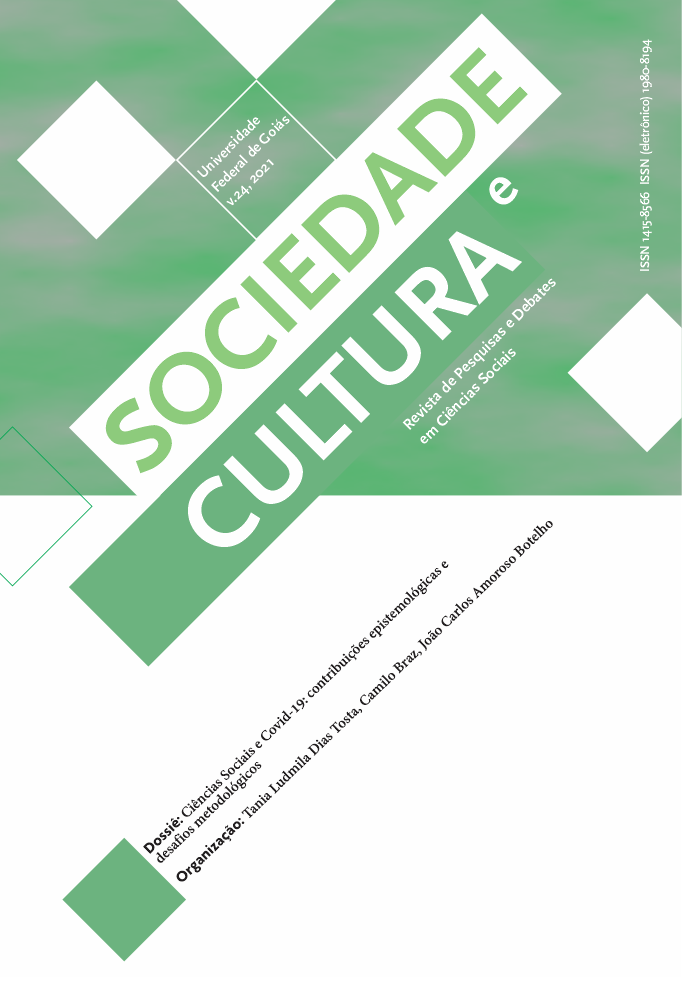Social movements in Sociology secondary school textbooks
DOI:
https://doi.org/10.5216/sec.v24.63753Abstract
In the past recent years, polarized political protests have become visible and recurring phenomena in Brazil. Given this scenario, what are the potentialities and limits presented by the Brazilian Sociology textbooks for reflecting on these episodes of confrontation and collective mobilization? To answer this problem, we analysed secondary school Sociology textbooks approved by PNLD 2018 with the purpose of subsidizing the production of an activity book aimed at secondary school teachers. We adopted the methodology of content analysis of books and
then we identified how this content relates to contemporary academic
approaches on social movements. The results of this analysis indicate,
on the one hand, that their potentialities are related to the historical contextualization and the thematic articulation present in them. On the other hand, they indicate the presence of limits related to the
reproduction of theoretical assumptions questioned by contemporary approaches on this topic.
Downloads
Downloads
Published
How to Cite
Issue
Section
License
Copyright (c) 2021 Sociedade e Cultura

This work is licensed under a Creative Commons Attribution 4.0 International License.
Authors who publish in this journal agree to the following terms:
- Authors retain the copyright and grant the journal the right of first publication, the work being simultaneously licensed under the Creative Commons Attribution License, which allows the sharing of the work with acknowledgment of authorship and of the initial publication in this journal;
- Authors are authorized to enter into additional contracts separately, for non-exclusive distribution of the version of the work published in this journal (eg, publishing in an institutional repository or as a book chapter), with acknowledgment of authorship and of the initial publication in this journal;
- Authors are allowed and encouraged to post and distribute their work online (eg, in institutional repositories or on their personal page) at any point before or during the editorial process, as this can bring productive change as well as increases the impact and the citation of the published work (see O Efeito do Acesso Livre).



